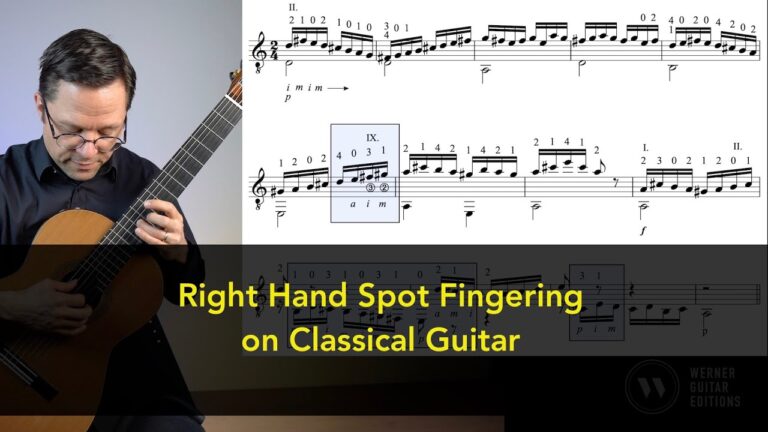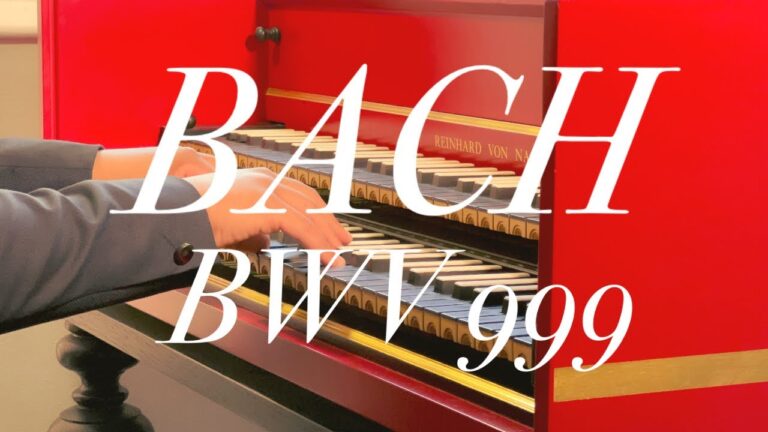Six Misconceptions About Grade Levels in Music Studies and Classical Guitar. In this video I cover 6 major misconceptions about grade levels in music.
I don’t really believe in grades in music. Higher grade music isn’t better music and doesn’t mean you are a better player. However, I nevertheless use them on the site, so WHY? There are no grades in music itself but they are helpful for indicating whether a work is beyond someone’s technical or musical abilities. Pros play from all levels, a grade 3 work in the hands of a professional might as well be a masterwork. See the list of misconceptions below. This comes via my YouTube. The exercises all come from My Technique Book.
Major Misconceptions
All the music you practice should be within your grade. False. You should be playing a wide variety of music at your level and BELOW. When I teach a grade 4 student I will assign a ton of grade 1-2 pieces for them while they work on just a few challenging grade 4 works. The more often they play well, the more that becomes their normal playing style.
Students Playing Higher Grades are Better Than Students at Lower Grades. False. I’ve adjudicated students in festivals and competitions where I assign a winner who is playing lower grade works. BUT, they were prepared and played musicality with good technique. I’d rather hear an excellent performance of a grade 2 work than a terrible performance of a grade 4 work.
Pros only play advanced works. False. Professionals play good music regardless of the level. This is especially seen in suites and larger form works where many movements might be at lower levels. But, they play them at very very very high quality levels.
When you “complete” a grade it’s time to move onto the next grade. False. I will often pause a student from moving to the next grade and just have them play music at or, more often, below their level. This might be to work on musicality, technique, relaxation, or for their enjoyment and enthusiasm. A higher grade level may not accomplish any good results if the student is not ready.
Passing an exam or completing all the works in a book means you’ve passed the grade. False. I’ve had students receive 90% passing grade in an exam (which is very very high and rare) and on occasion I will not let them proceed to the next grade book. Maybe I want to work on that 10% that is missing, or maybe I think the student needs more time to digest and acclimate to the level. Or, maybe I think they are’t enjoying themselves enough and need to discover new aspects of their own playing, fretboard knowledge, theory or some other aspect.
Playing higher grade levels will make you a better player. Mainly False. I’m talking about playing quite beyond their level. If the student isn’t set up for success they will most likely fail and possibly destroy part of their development and foundation. In rare cases, if a student has a very strong foundation (positioning, technique, musicality, ergonomics, relaxation) a difficult work can shape their technique to new heights. This highly depends on the teacher’s assessment of the student and the strength of their foundational technique and musicality.
MAIN ADVICE: Find great music that just happens to be at your level or below and play that. Make sure to play tons of music below your grade so you can play at a very high quality level. Imagine playing as well as your favourite pro (within reason), what level of work would you need to be playing in order to play that well? The more often you play at a high quality level, the more likely that will become your normal way of playing. Plus, you’ll find it enjoyable and encouraging too.





Hi Bradford and thanks for a great site.
I notice that some pieces are graded with “late beginner” or “advanced” rather than with grade 1-10, what does that mean? How would an “advanced” piece compare to a grade 7 or 10 piece for example?
BR
/Mans
The term beginner is “pre-grade 1” material appropriate for use with my Volume 1 and 2. “Advanced” content is a generic term which could mean anything from grade 8-10 and above. Usually I use this label to indicate that it’s a significant undertaking. If a piece is more set in it’s length and difficulty I’ll just grade it as something. Other times, in the case the my Weiss suite, advanced is a better term indicating that it is somewhat difficult and has a length that is beyond what some students would be used to. I could grade each movement I suppose but really, by the time a student is at the grade 9 level they can kind of look at a piece and gauge the difficulty.
Great,I am a late beginner,what are the fundamental skills levels should I work on and the a great resource book to fundamentals?Thank you..
You can check out my curriculum here: https://www.thisisclassicalguitar.com/learn-classical-guitar-education-series/
I’d like an exercise in which a number of teachers are each asked to assign a Grade rank to the same batch of pieces just to test whatever consistency in ranking emerges, if any. This would, at least, identify some common ranking ground if it exists. Otherwise, one must make do with a pre-established limited set of Grade ranks on the strength of some pre-accepted set of choices. And this is scarcely Rocket Science!
I think grade 1-2 is fairly consistent with no barre, serious finger independence, or stretches. Grade 3-4 are mixed, grade 4-6 totally depends. Anything past grade 7 is essentially advanced as far as I’m concerned.
Does this apply to the 1st Volume 1 and 2 books too? I’ve just completed Volume 1 and have started Volume 2, but I still play some of my favourite, and maybe more difficult pieces from book 1.
2nd question: I’m trying to learn some modern pieces, but on the classical guitar. They are “While My Guitar Gently Weeps”, “Nights of White Satin” and “Wind of Change”. Do you recommend doing this?
Yes, it applies to any “levels” or system including my first two methods.
Yes, playing fingerstyle works can be great for building a natural feel on the instrument. I often have my students do it.
Thank you very much. This is a subject that I’ve wondered about a lot, especially with regard to playing material below grade level and the need to be patient and master techniques at grade before moving on. My misunderstand might have been exacerbated by lesson books that not have vast numbers of pieces at each grade level.
Everything you say makes a lot of sense and the advice and suggestions are valued. I have struggled with all those cases that you mentioned and now am much more relaxed in playing and advancing with my ability. Thanks.
Katie
Canada
So glad to hear that!
This was very encouraging. I’m having some major roadblocks due to arthritis and will probably never advance past Grade 1-2…..but I can strive for excellence in that level.
Just remember that grade 1-2 is real classical guitar music, although it is a lower grade it is quite advanced in many ways especially compared to other types of guitar playing.
I will! Thank you, Bradford! You’ve helped me so much with your courses and video lessons.